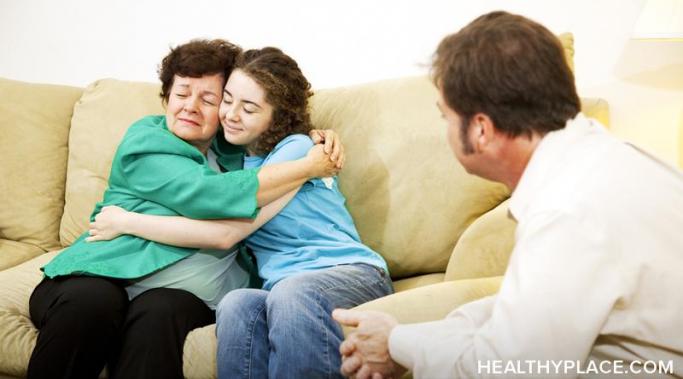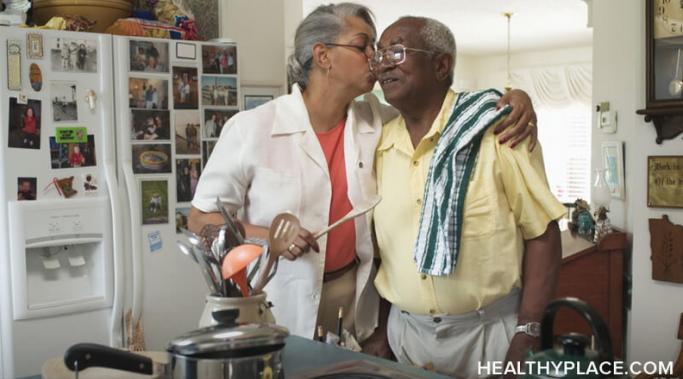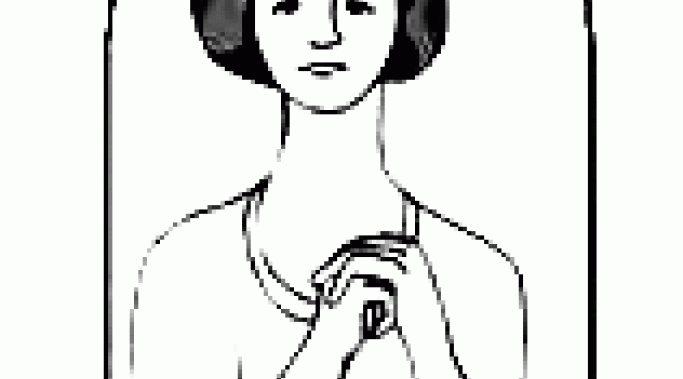It's important to talk about your anxiety because anxiety can be a very isolating experience. It makes you aware that you are thinking about certain situations or thoughts in a way that others don't, which can lead to feelings of uncertainty and a desire to keep those experiences to yourself. I had this experience with my anxiety for a long time because I didn't want my friends and family to know I was struggling. I was also afraid that if I did share my experiences, they would be scared or wouldn't want to spend time with me anymore. Eventually, I realized that by doing this I was hiding my genuine self from others and that I was preventing my relationships from being as intimate, trusting, and mutually supportive as they could be.
Mental Health Recovery
Even positive events can trigger trauma memories sometimes. This week, the hashtag #metoo flooded social media accounts to demonstrate the widespread problem of sexual assault and harassment. We witnessed a multitude of voices share deep-seated shame and anxiety associated with trauma. Whether through a simple #metoo or a painful story, we unloaded our burdens. While freeing for many, the hashtag could have triggered trauma memories for some.
Did you know that you can use nature to treat anxiety? But what if you can't get to a beach or national forest? Don't worry, anxiety relief is closer than you think--it can be right in your backyard. Find out how the outdoors can soothe and how you can use nature to treat anxiety daily.
Our mind's response to anxiety affects our self-esteem, sense of control, and how we see the world around us. When we experience anxiety symptoms, our feelings and thoughts get so wound up in the body’s stress response that we may want to run. We want to shed this thing that won’t leave us alone. In my own struggle with anxiety, I’ve found a seemingly counterintuitive response to anxiety that helps me shift my experience and reduce anxiety.
Dating is awkward and many feel anxiety about dating. Throw some clinical anxiety into the mix and you've got a disaster on your hands. But you can minimize anxiety about dating.
All too often women are presented with the black/white thought that they can be either 'good', or get what they want. Not true!
First, what do we mean by 'good'? Every girl grows up learning what this means in her family, school, and eventually professional life. Whatever your definition, whatever 'the rules' are for you, they're probably more flexible than you imagine. Even if you experience anxiety (really).
Second, strength isn't being tough on yourself
It's easy to get into the habit of not addressing your needs when you have anxiety. I'm yet to meet someone dealing with anxiety who doesn't know 200 ways to say "I'm fine" to paint a rosy picture of life. But treating anxiety is about understanding your reality, not what a perfect reality might be or the reality Jo Normal experiences.
What don't you have if you're struggling with anxiety? Emotional health. Not the most earth-shattering statement but pertinent, all the same. Do you really know what's missing, though? I'm not always sure.
Psychiatric treatment is a relationship between you, your mental illness, your drugs, and your doctor(s). That relationship is what matters most when it comes to ensuring medications treat actual mental health issues.
Taking the meds out of clinical practice and studying them in a lab is not only difficult but results in mixed outcomes. The kind we see reflected in the studies which the press pick up on.
Just this week I've read that the drugs don't work, that it's all a big fraud, and that the next Big Pharma pill will cure everything.
Psychiatry, like democracy, is the worst form of treatment except for all the others that have been tried
On a scale of 1-10 how annoying is it when therapists ask questions which sound more like triage than psychotherapy?
One of my commenters took me to task for not talking much (or indeed at all) about the behavioral side of cognitive behavioral therapy (CBT) in a recent post. I shall now regale you with exciting tales of behavioral psychology in order to rectify the situation. Or not, since I expect your definition of exciting extends a touch beyond this topic.
My somewhat love-hate relationship with the B part of CBT aside, the real question is what works.








